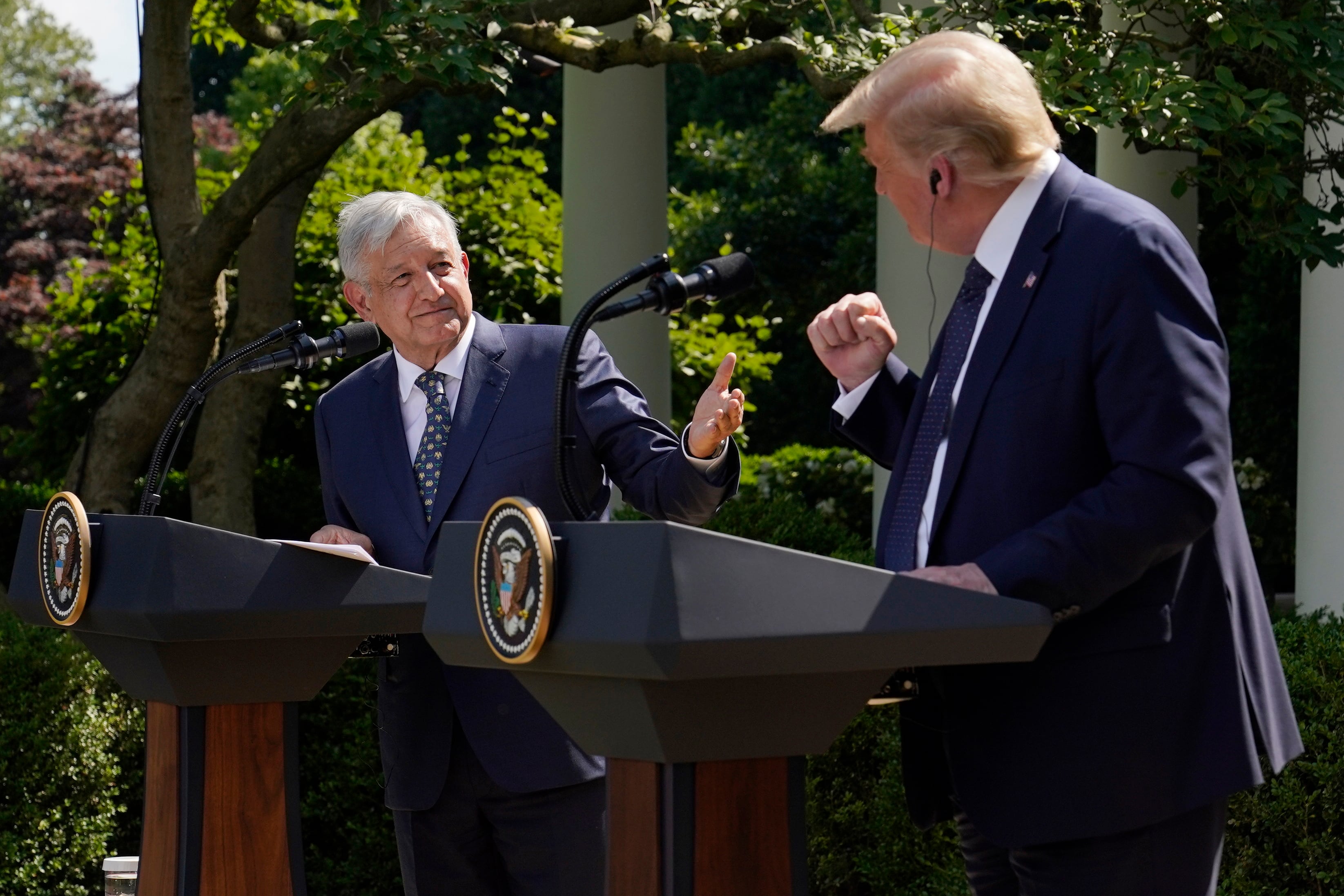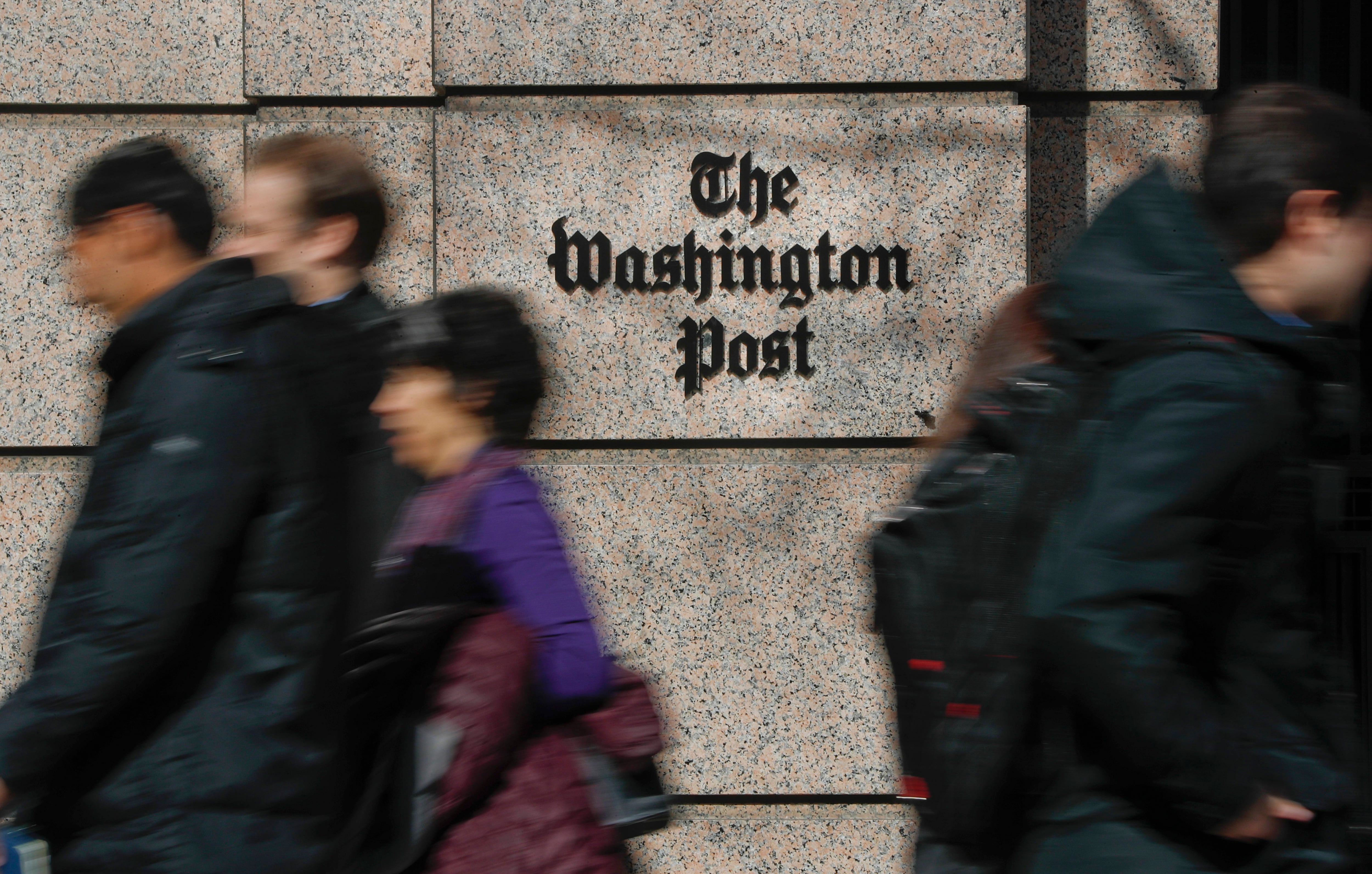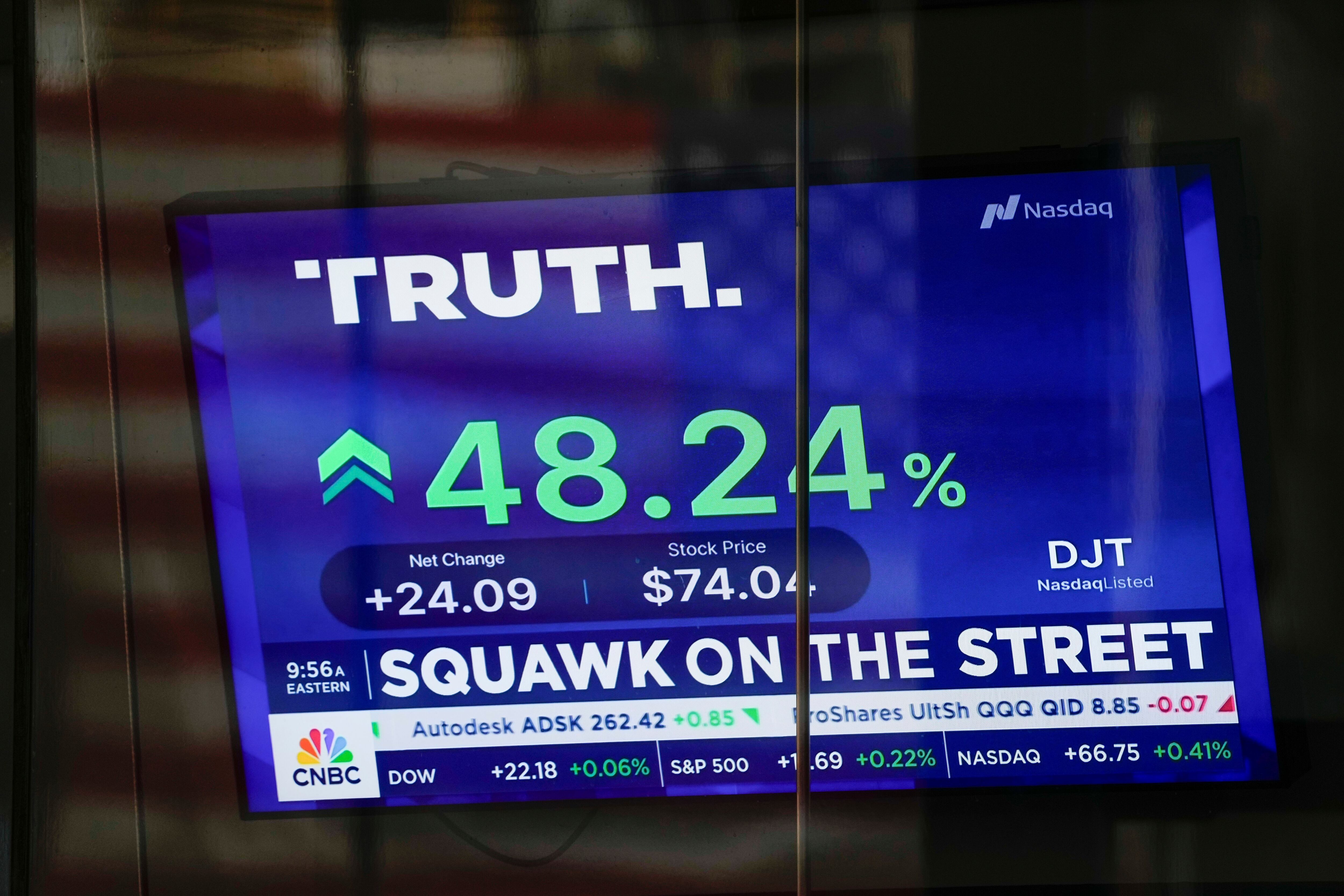A large cross-section of Americans is at risk of falling below the poverty line as the program that provided more than 32 million people with extra SNAP (Supplemental Nutrition Assistance Program) benefits during the pandemic is set to end. Families received at least $95 extra per month to spend on food.
In place since 2020, it provided an emergency allotment of benefits as an unprecedented number of people faced added financial hardship as COVID-19 spread. Congress passed the Consolidated Appropriations Act at the end of 2022, which concludes the expanded program in February. The change comes as food prices have continued to skyrocket at grocery stores.
During the pandemic, nearly 4.2 million Americans were able to stay above the poverty line with the additional aid at the end of 2021, according to a study conducted by the Urban Institute, with poverty reduced by 9.6 percent in states with the SNAP expansion. But in states where the program has already ended, there have been reports of people struggling to buy necessary food items.
"The emergency allotments were always intended to be temporary and they did tremendous good during a very difficult time in our country," Stacy Dean, USDA deputy undersecretary for Food, Nutrition and Consumer Services, told the Associated Press.
Older Americans on social security will feel the reduction in SNAP funds particularly hard as a recent 8.7 percent cost of living adjustment will be unlikely to offset the loss of the benefits.












